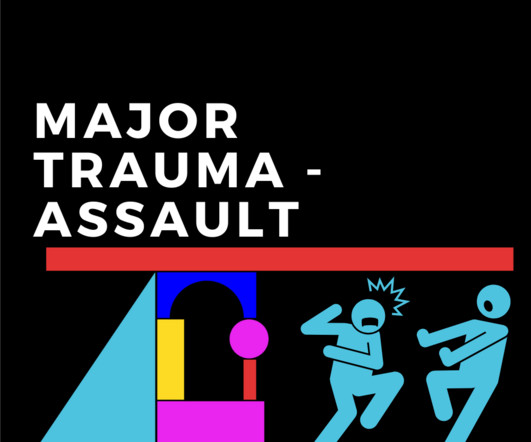What Are the Classifications of Perinatal Stroke?
Pediatric Education
APRIL 30, 2023
She had a history of neonatal stroke for which she had received physical and occupational therapy. The past medical history showed she was a 38 week infant who had neonatal seizures that were easily controlled. The past medical history showed she was a 38 week infant who had neonatal seizures that were easily controlled.



















Let's personalize your content